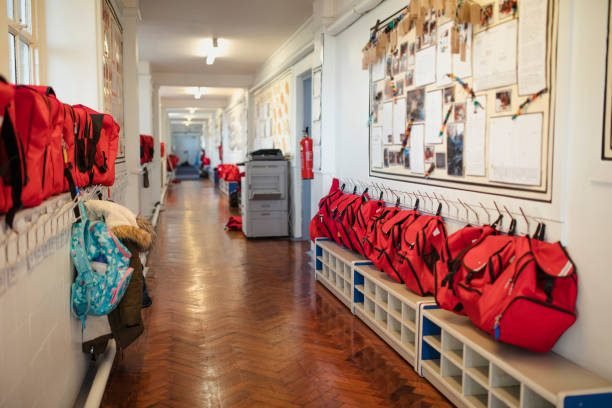Private schools have long been associated with academic excellence, rigorous standards, and exceptional extracurricular offerings. But behind the high achievements lies something even more vital: a commitment to nurturing emotionally intelligent, socially aware individuals. At the heart of many private institutions is a powerful blend of excellence with empathy, where academic strength is paired with a deeply supportive community culture.
This balance helps students thrive—not just as learners, but as human beings.
A Culture of Care and Belonging
Private schools often foster smaller class sizes and stronger teacher-student relationships, creating an environment where every child is seen, heard, and valued. This individualized attention allows educators to understand not only how a student learns best but also what they need emotionally and socially.
Teachers are more than just instructors—they’re mentors and role models who build trust, provide encouragement, and guide students through both academic and personal challenges. In some of the top schools in Suffolk, for example, pastoral care is not an afterthought—it is seamlessly integrated into daily routines, assemblies, and classroom conversations, ensuring that students feel safe and supported at all times.
Character Education as Core Curriculum
Empathy, integrity, resilience, and respect aren’t taught in a single lesson—they’re woven into the fabric of daily school life. Many private schools emphasize character development through:
-
Dedicated life skills or personal development programs.
-
Service learning opportunities that build community awareness.
-
Peer mentoring systems that foster leadership and compassion.
By embedding these values into academics, sports, and social activities, schools empower students to lead with kindness and communicate effectively. This emotional grounding often translates to greater self-confidence and a stronger sense of identity.
Building Strong Parent Partnerships
Private schools understand that a child’s development doesn’t end at the classroom door. That’s why many emphasize close partnerships with parents and guardians. Regular communication, collaborative goal-setting, and involvement in school events foster a true sense of community among families.
This transparency builds trust and ensures that home and school environments are aligned—both working toward the same goal of holistic student success.
Encouraging Diversity and Inclusion
Modern private schools actively strive to reflect the diverse world their students will inherit. From inclusive curricula that celebrate different cultures to support systems for neurodiverse learners, these institutions recognize that empathy grows stronger when students learn from others’ perspectives.
Suffolk prep schools, for instance, have made notable strides in offering inclusive educational experiences while maintaining academic excellence. Students are taught not just to accept differences but to value them—helping to build a future generation of compassionate global citizens.
Private Education with a Purpose
The best private schools don’t view emotional intelligence as separate from academic achievement—they understand that one supports the other. By nurturing supportive environments where students feel empowered to grow intellectually and emotionally, these institutions create communities built on trust, respect, and genuine human connection.

